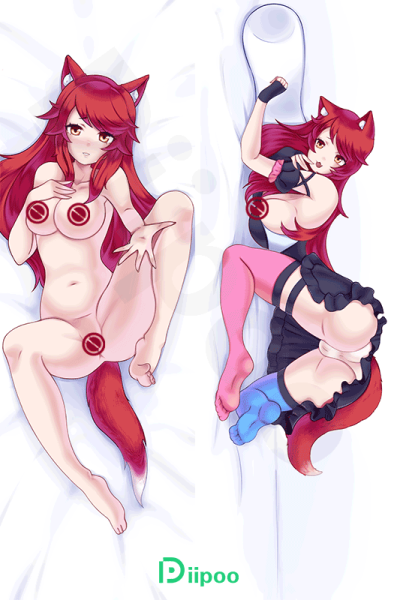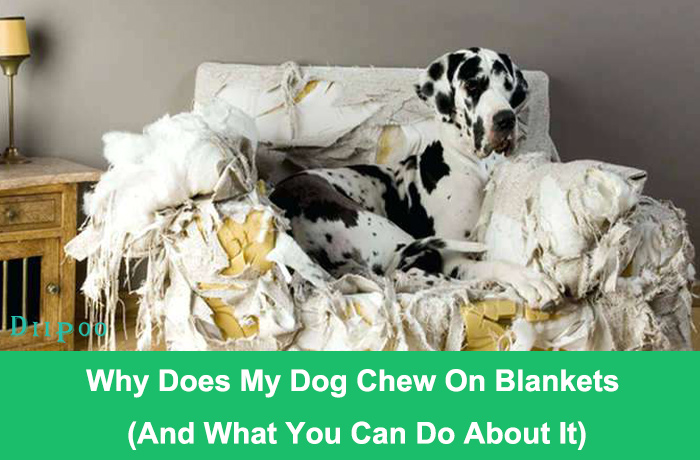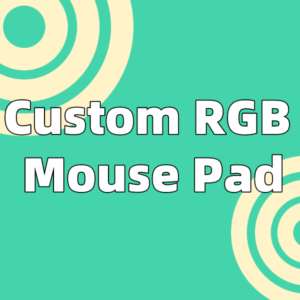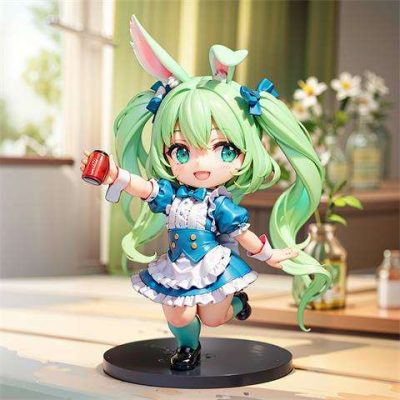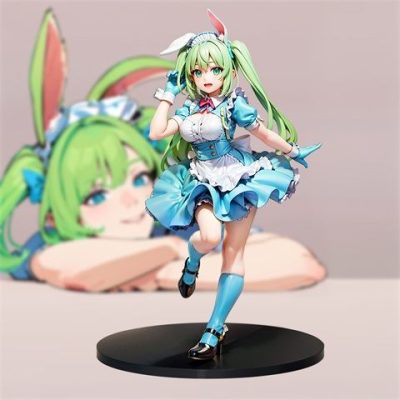Most behaviors of man’s furry friends are usually considered adorable and cute.
While chewing on blankets could be considered as one of those acts, determining why your dog chews on blankets could give you a different meaning as well as ideas on how to stop this act.
Why does dog chew on blankets?
The truth is, dogs are normally prone to chewing and it starts from birth.
For some breeds, it helps alleviate anxiety and strengthen their teeth while simultaneously entertaining them.
However, while chewing is understandable and most often encouraged, it can be a tad bit inappropriate and costly when it keeps chewing on your perfect custom made blankets and other important items.
Dogs with similarities to breeds like Daschund, Spaniels, and Border Collies are mostly susceptible to chewing on blankets, that is not to say other dogs won’t exhibit such traits.
Regardless, knowing why your dog chews on Blankets is significant to know whether to encourage or curb such behaviors. I shall explain below, some reasons your dogs chew on Blankets. Examples are anxiety, hunger, teething, nursing or weaning method, etc.
- Teething.
- Weaning/Nursing Method.
- Hunger.
- Anxiety or Separation issues.
- Encouragement.
- Ways to prevent your dog from chewing on your blanket.
Teething
For a young pup of six months old or less, teething could be the major reason or contributing factor it chews on blankets.
At this age, most young pups are losing their infant’s teeth and growing into their permanent teeth and as a result, exhibits destructive teething behavior.
As it is for humans, so also is it painful for your furry babies.
Therefore they try to relieve their pain by chewing on the soft materials of your custom made blankets.
If your dog falls into this category, it should be noted that with time, it would outgrow the behavior and stop chewing on the blankets together.
Weaning/Nursing Method
A dog that sucks or chews on blankets are oftentimes victims of premature weaning.
Because they were weaned or nursed away from their mothers, they cultivate a chewing pattern whenever they come in contact with the soft material of a blanket like your custom made types.
As a result of the premature weaning, biologically their instincts are to chew on the soft cuddly material until they’re satisfied with themselves.
This is because it is natural for them to be weaned to later stages of development when nursed with their mothers.
Therefore, if denied the opportunity to be properly weaned, they can deflect that biological instinct to your custom made blankets whenever they come in contact with it.
Cute right? I think not.
This inappropriate behavior is an extreme example of a pup that had separation issues at birth either as an orphan or for natural reasons like adoption.
Regardless of the situation, it feels the urge to suck, and therefore when provided the opportunity would chew on your custom-made blankets.
Additionally, it could be a genetic situation, this is because some breeds are more susceptible to chewing on blankets for comfort than others.
An example of such a breed is Doberman. This breed of dogs engages in ”flank sucking” more often than not. It has a vigorous nursing gene that is not easily managed.
Hunger
Most dogs have a healthy appetite, but a blanket that smells like food is very attractive to them.
If your blanket smells like food, it could make a hungry pet chew on it regardless of how well it’s being fed.
Most dogs have a very keen sense of smell and coupled with changes in its calorie intake, your dog might deem it fit to chew on objects or in this case your custom-made blankets that smell like their favorite food for added nutrition.
Anxiety or Separation issues
There’s a reason these species are referred to as man’s best friend. They thrive with companionship and are active and more agile around family.
Getting separated from your pet for a long period can cause anxiety or separation issues to develop.
When experiencing this, most dogs chew on objects or in this case your custom blankets to alleviate their stress and anxiety.
To confirm that the chewing on blankets is a result of separation or anxiety, try noticing the period it happens as well as other actions that follow.
If barking, whining or restlessness is associated with the chewing on blankets then it means that they’re stressed as a result of being left alone all the time.
For further confirmation, if it chews on your blanket with your scent, or chews around a particular person or sound, then it is a result of anxiety while separated from you. Whenever you notice this, try to remedy the situation.
Encouragement
While praising your dog and making it feel loved is important, doing so at inappropriate times would be detrimental to its behavioral pattern.
If you had inadvertently praised your dog, or given it treats and belly rubs while it chewed on your blankie it might have interpreted it as an encouragement to keep up the ”pawfect” act.
Therefore ensure that you don’t unconsciously reward your dog for chewing your blanket as this could make them want to do it the more and get rewarded.
There are other reasons your dog can chew on your blanket apart from those listed above. Reasons like Compulsive behavior, Taste of the blanket, Smell of the blanket, etc.
Ways to prevent your dog from chewing on your blanket
Before highlighting the ways you can curb this attitude, there are some things to consider.
Factors like:
- If it needs to be curbed or encouraged (pups);
- What precipitated the habit of chewing on blankets;
- Noticeable difference to when it chews on the blanket, etc.
After considering all of these, you can now try these various ways to prevent your dog from chewing on your blanket.
- Provide necessary chew toys for it at every developmental stage.
- Avoid encouraging such behavior knowingly or not
- Try to reduce its anxiety levels either by playing or exercising with it. Calming aids might also work for you.
- Provide adequate diet to suffice its calorie intake.
- Seek vets help to train or determine other ways to prevent the behavior.
- Get custom made chew-proof blankets or chew repellant sprays.
No matter what anyone says, I can assure you that getting the perfect custom blankets for your furry baby is possible.
Reference source
Dog teething toy:
https://patents.google.com/patent/US6014950A/en
Risk factors and behaviors associated with separation anxiety in dogs:
https://avmajournals.avma.org/doi/abs/10.2460/javma.2001.219.460


